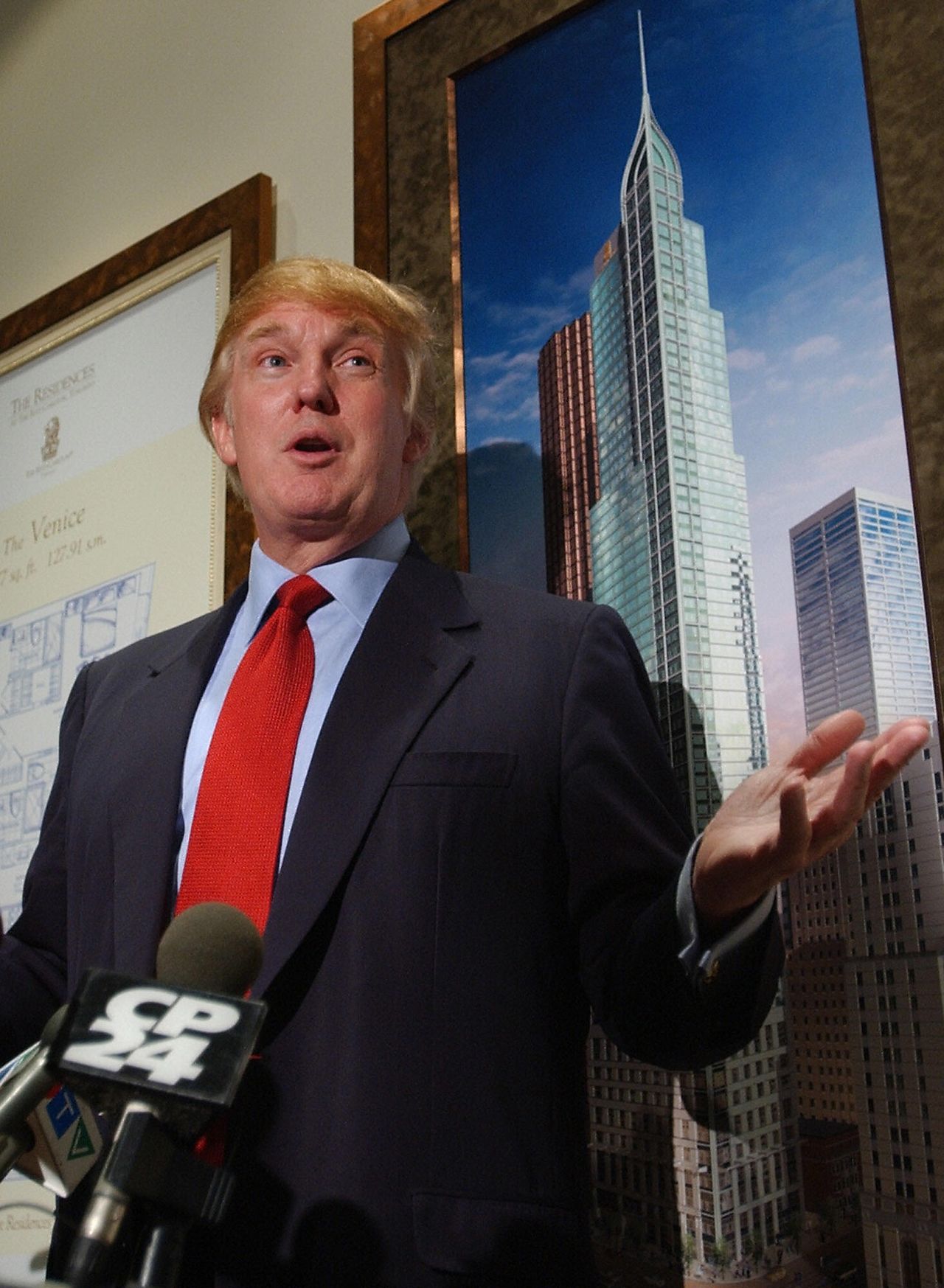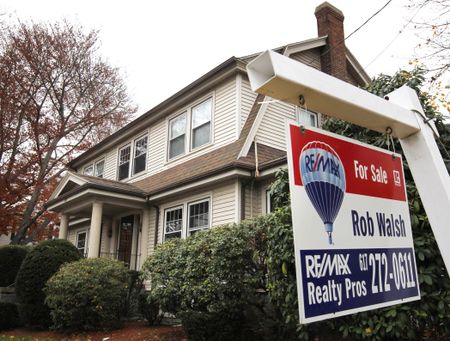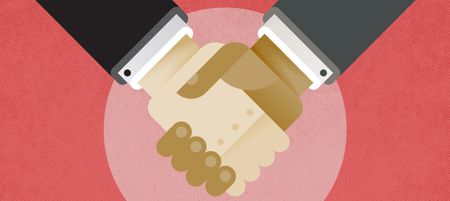How rich do you have to be to avoid taxes?
Even when tax avoidance is legal, most people think those gaming the system should be punished

The smartest insight and analysis, from all perspectives, rounded up from around the web:
Serious question: "How rich does someone have to be to not pay federal income taxes?" asked Alexia Fernández Campbell at The Atlantic. If Donald Trump's leaked tax returns are any indication, the answer is very rich indeed. Leaked portions of the Republican presidential nominee's tax returns show Trump reported a loss of $916 million on his business ventures in 1995, losses that could have been used to avoid paying federal income taxes for 18 years. That's perfectly legal under the U.S. tax code, which allows business owners to deduct financial losses from their personal income, and to apply past losses to future earnings. Theoretically, the average small-business owner could do the same thing Trump apparently did, but "it would require a level of financial devastation that nobody would wish upon themselves." Clearly these are "deductions that not every American can claim."
"Donald Trump has done America a great public service," said Fareed Zakaria at The Washington Post. By gaming the system in such a spectacular fashion, he's exposed the corruption and economic inefficiency of the U.S. tax code. For years, legislators have doled out patronage in the form of loopholes and tax credits that benefit specific industries, often rewarding businesses with expensive giveaways for activities the firms might have pursued anyway. It's no accident that, at 3.8 million words, our tax code is the longest in the world. This byzantine nightmare needs to be replaced with a radically simplified tax code, said Caroline Baum at MarketWatch. That means cutting out the morass of provisions designed to curry favor with "every imaginable constituency." Ideally, it would also mean taxes low enough to erase the incentive for individuals and companies to shift or shelter income to avoid paying. Just don't get mad at Trump. He's only "doing what most of us would do if we were wealthy real estate tycoons with a cadre of tax lawyers paid to ferret out every last loophole and deduction."
Subscribe to The Week
Escape your echo chamber. Get the facts behind the news, plus analysis from multiple perspectives.

Sign up for The Week's Free Newsletters
From our morning news briefing to a weekly Good News Newsletter, get the best of The Week delivered directly to your inbox.
From our morning news briefing to a weekly Good News Newsletter, get the best of The Week delivered directly to your inbox.
Actually, "Americans do not think it's smart to avoid your taxes; they think it's unethical," said Vanessa Williamson at The New York Times. In poll after poll, roughly nine in 10 Americans say they believe "it is every American's civic duty to pay their fair share of taxes." Even when tax avoidance is legal, most people think those gaming the system should be punished. Ordinary Americans actually take very few liberties with their taxes, even though the risk of being audited is extremely low. About 83 percent of the nation's total tax liability is paid to the IRS on time every year, a cultural phenomenon social scientists call high "tax morale." Contrast that with troubled nations like Greece, "where everyone who can evade tax does," said Nick Cohen at The Guardian. But Americans' shared civic commitment to taxpaying depends on the integrity of the system. "The surest way to destroy morale is to make the people who pay taxes believe that the government is taking them for fools by penalizing them while sparing the wealthy."
Sign up for Today's Best Articles in your inbox
A free daily email with the biggest news stories of the day – and the best features from TheWeek.com
-
 The pros and cons of noncompete agreements
The pros and cons of noncompete agreementsThe Explainer The FTC wants to ban companies from binding their employees with noncompete agreements. Who would this benefit, and who would it hurt?
By Peter Weber Published
-
 What experts are saying about the economy's surprise contraction
What experts are saying about the economy's surprise contractionThe Explainer The sharpest opinions on the debate from around the web
By Brendan Morrow Published
-
 The death of cities was greatly exaggerated
The death of cities was greatly exaggeratedThe Explainer Why the pandemic predictions about urban flight were wrong
By David Faris Published
-
 The housing crisis is here
The housing crisis is hereThe Explainer As the pandemic takes its toll, renters face eviction even as buyers are bidding higher
By The Week Staff Published
-
 How to be an ally to marginalized coworkers
How to be an ally to marginalized coworkersThe Explainer Show up for your colleagues by showing that you see them and their struggles
By Tonya Russell Published
-
 What the stock market knows
What the stock market knowsThe Explainer Publicly traded companies are going to wallop small businesses
By Noah Millman Published
-
 Can the government save small businesses?
Can the government save small businesses?The Explainer Many are fighting for a fair share of the coronavirus rescue package
By The Week Staff Published
-
 How the oil crash could turn into a much bigger economic shock
How the oil crash could turn into a much bigger economic shockThe Explainer This could be a huge problem for the entire economy
By Jeff Spross Published


